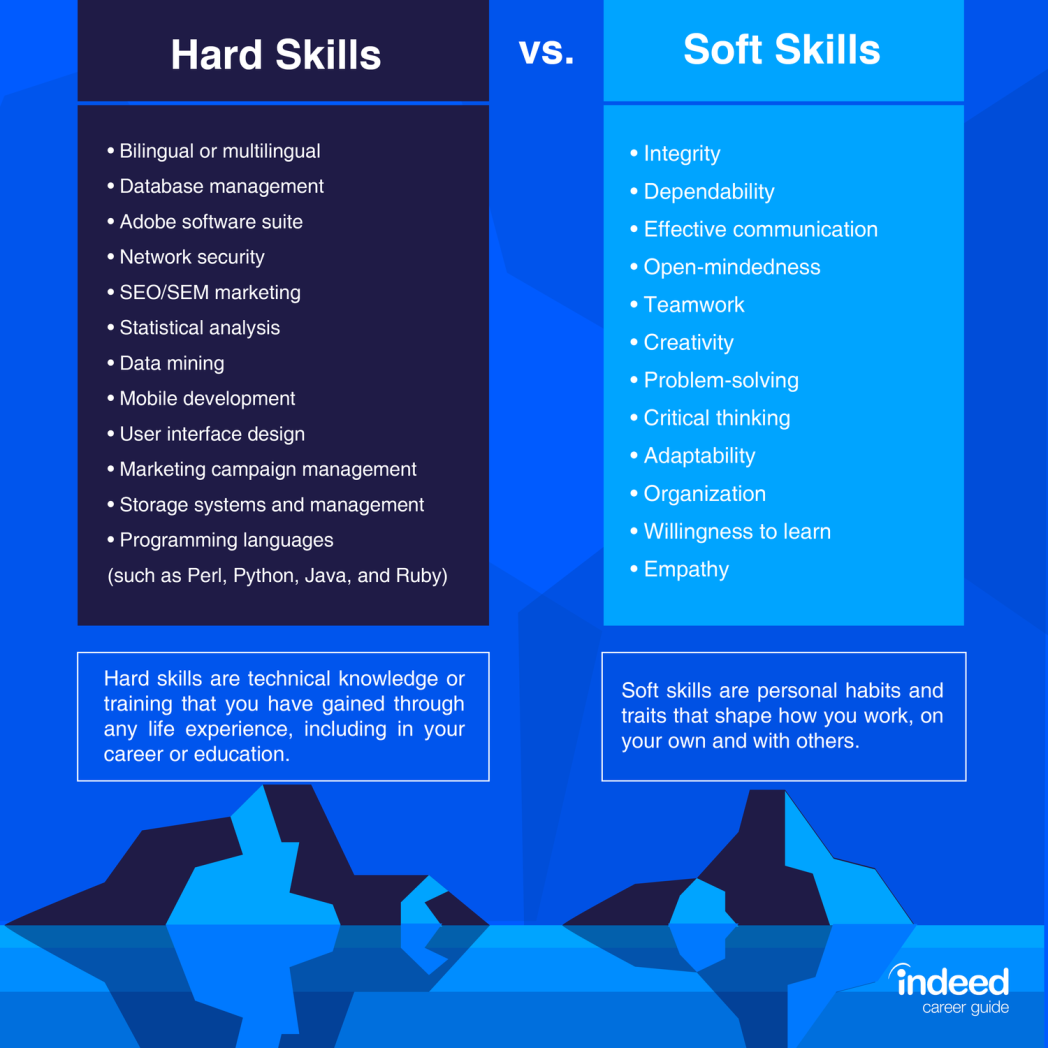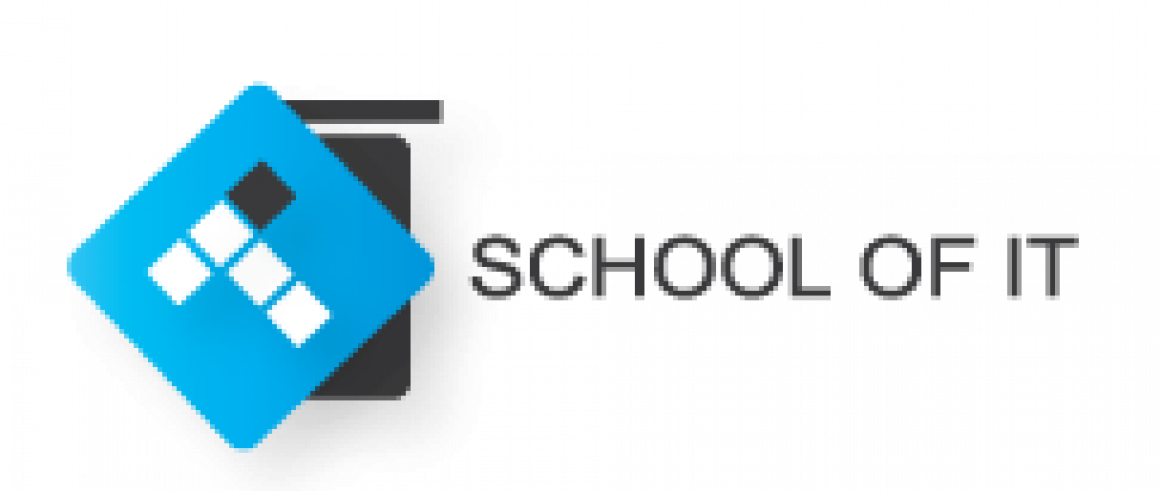Hard Skills Vs. Soft Skills

Hard Skills Vs. Soft Skills
July 13, 2024 Comments Off on Hard Skills Vs. Soft SkillsHard Skills Vs. Soft Skills.
In the world of job hunting and professional development, you may hear the terms “hard skills” and “soft skills” being thrown around. These terms refer to two different types of skills that are valued in the workplace. In this blog, we will discuss the differences between hard skills and soft skills, provide definitions, and examples of each.
Hard Skills:
Hard skills refer to the technical knowledge and abilities required to perform specific tasks and duties. These skills are measurable and quantifiable, often learned through formal education or on-the-job training. Hard skills are typically specific to a particular industry or job and can be easily demonstrated through tests or certifications. Some examples of hard skills include:
- Programming languages: The ability to write code in Java, Python, or HTML.
- Data analysis: The ability to analyze data using statistical software like R or Excel.
- Project management: The ability to manage projects using tools like Agile or Scrum.
- Graphic design: The ability to create designs using tools like Photoshop or Illustrator.
- Accounting: The ability to manage financial statements, payroll, and taxes.
Soft Skills:
Soft skills refer to personal attributes that enable someone to interact effectively and harmoniously with others. These skills are intangible and difficult to measure, often developed through life experiences and interpersonal relationships. Soft skills are essential in any workplace as they help individuals work effectively with others and can be applied across different industries. Some examples of soft skills include:
- Communication: The ability to communicate effectively through written, verbal, and nonverbal means.
- Leadership: The ability to inspire and guide a team to achieve a common goal.
- Adaptability: The ability to adjust to new situations and changes.
- Time management: The ability to manage time effectively and meet deadlines.
- Problem-solving: The ability to identify problems, evaluate alternatives, and implement solutions.
Differences Between Hard Skills and Soft Skills:
The primary difference between hard skills and soft skills is that hard skills are teachable, while soft skills are personality traits that are difficult to teach. Hard skills are often acquired through education, training, or practice, while soft skills are developed through life experiences, relationships, and emotional intelligence.
Another difference between hard skills and soft skills is how they are evaluated. Hard skills can be easily measured through tests or certifications, while soft skills are evaluated through observation, feedback, and self-awareness.
Indeed gives a great graphical list:

In conclusion, both hard skills and soft skills are essential in the workplace, and employers look for a combination of both when hiring or promoting employees. Job seekers should highlight their hard and soft skills on their resumes and during interviews to demonstrate their ability to perform specific tasks and work effectively with others. By understanding the differences between hard skills and soft skills, individuals can focus on developing both types of skills to enhance their career prospects.
Overall do you want to switch into the Tech space and work for international companies! Then start with School of IT, you can become a internationally recognized and accredited after completing a Coding course in under 3 months!


